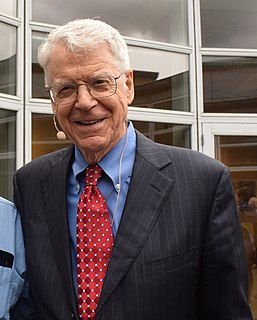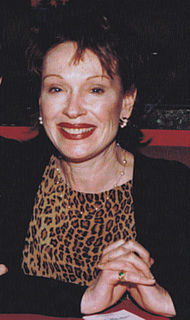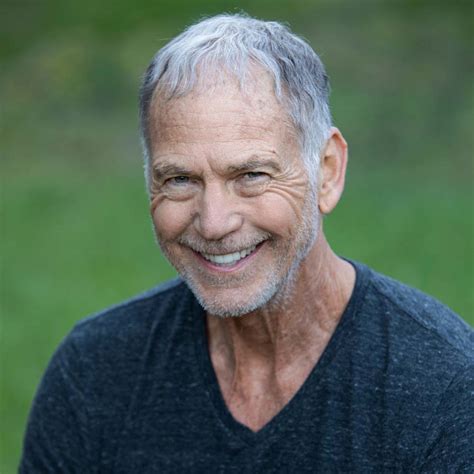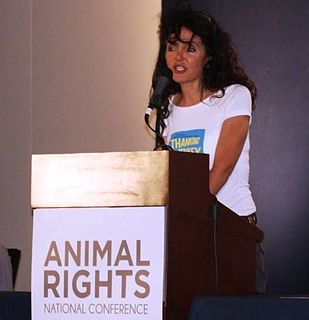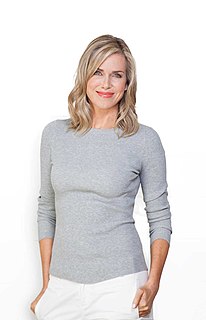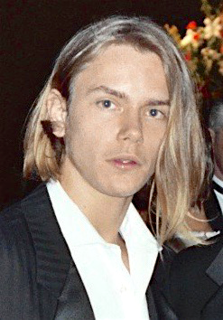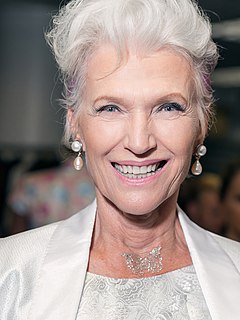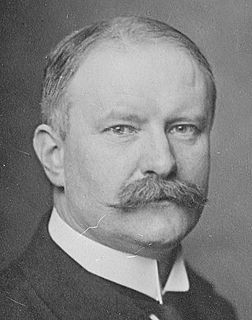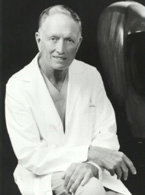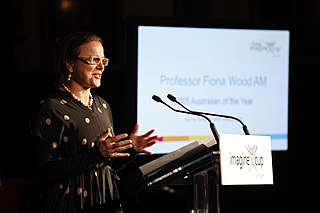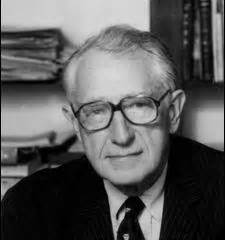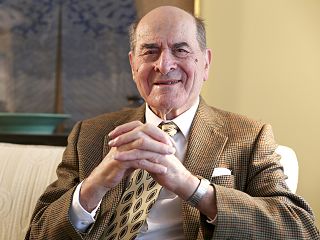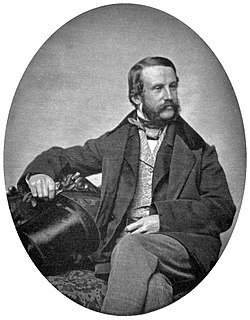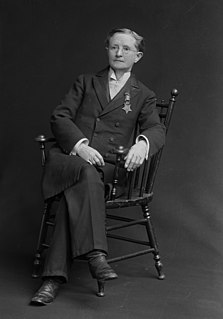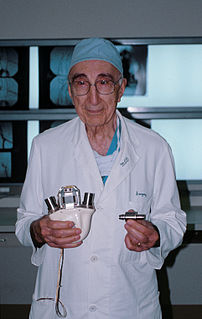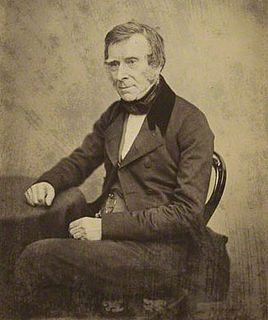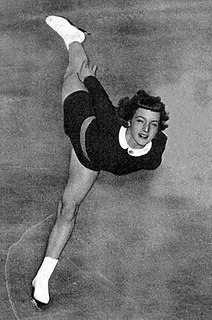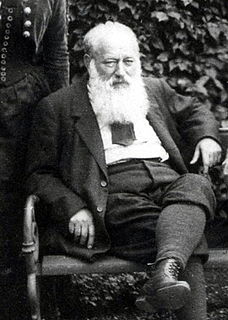A Quote by Caldwell Esselstyn
Some people think plant-based diet, whole foods diet is extreme. Half a million people a year will have their chests opened up and a vein taken from their leg and sewn onto their coronary artery. Some people would call that extreme.
Related Quotes
Studies indicate that vegetarians often have lower morbidity and mortality rates. . . . Not only is mortality from coronary artery disease lower in vegetarians than in non-vegetarians, but vegetarian diets have also been successful in arresting coronary artery disease. Scientific data suggest positive relationships between a vegetarian diet and reduced risk for obesity, coronary artery disease, hypertension, diabetes mellitus, and some types of cancer.
We believe in the Three Rs - reducing the consumption of meat and other animal-based foods; refining the diet by eating products only from methods of production, transport, and slaughter that minimize pain and distress; and replacing meat and other animal-based foods in the diet with plant-based foods.
When I was 88 years old, I gave up meat entirely and switched to a plant foods diet following a slight stroke. During the following months, I not only lost 50 pounds, but gained strength in my legs and picked up stamina. Now, at age 93, I'm on the same plant-based diet, and I still don't eat any meat or dairy products. I either swim, walk, or paddle a canoe daily and I feel the best I've felt since my heart problems began.
Every year, there is a new diet that all the celebs or housewives are trying. We all want the perfect diet or the perfect pill. If we surveyed a million women, and they could choose to learn the truth about God or the foolproof diet, I guarantee more women would pick the miracle diet over the miracle of life.
Some people feel that humans have a right to eat other animals but not to trash the earth. They may choose veganism because a vegan's ecological footprint is light, but once they are not invested in eating animals, they are more likely to be willing to learn the details of what happens to them. That learning will encourage compassionate people to stick with a plant-based diet.
We need an extreme movement because what is happening to animals is so extreme. Some misinformed people claim that animal rights activists are terrorists, but these people are simply ignorant of who the real terrorists are - the companies and industries that torture literally billions of animals each year.
If there's foods I don't like, like kale, it doesn't mean that I'm not efficient in my diet; it just means I can eat broccoli and other green vegetables. That's what people don't understand, is that as long as you're having a variety of foods in your diet, you don't have to have the food of the week that's everyone going crazy about.
The ideal human diet looks like this: Consume plant-based foods in forms as close to their natural state as possible (“whole” foods). Eat a variety of vegetables, fruits, raw nuts and seeds, beans and legumes, and whole grains. Avoid heavily processed foods and animal products. Stay away from added salt, oil, and sugar. Aim to get 80 percent of your calories from carbohydrates, 10 percent from fat, and 10 percent from protein.
